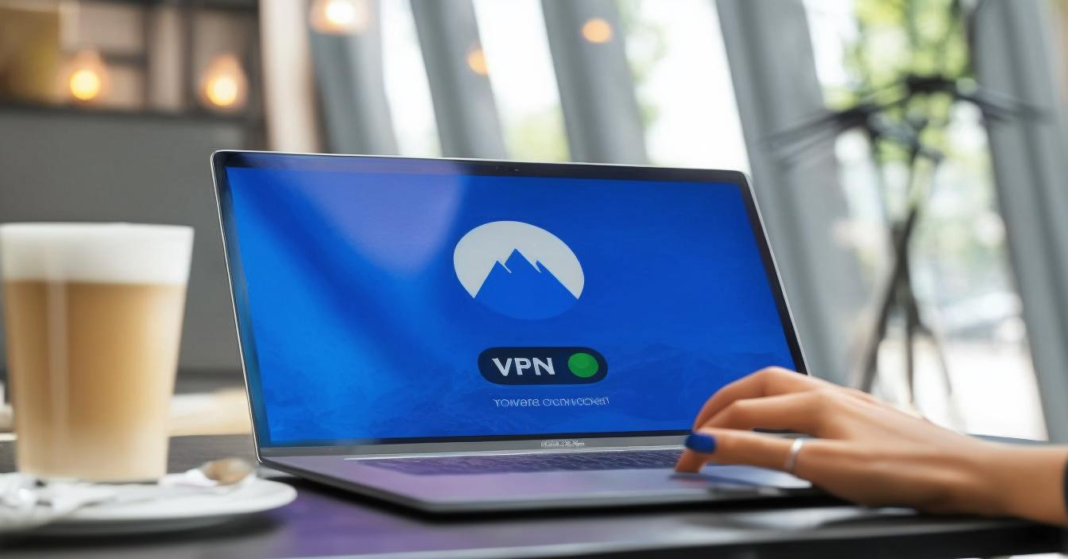There is an “architectural shift” in technology and in the world brought upon by cryptoassets, which many crypto supporters miss, according to Marc Andreessen, co-founder of venture capital powerhouse Andreessen Horowitz (a16z), and founder of Netscape Communications Corporation.
Today, a16z announced a new USD 2.2bn fund to continue investing in crypto networks.
Meanwhile, in a recent interview with economic blogger Noah Smith, Andreessen compared the topic of crypto with the parable of the blind men and the elephant, allowing people to interpret many different parts in many different ways, or use it to make their point. As an example, he gave people seizing on “the money part,” then either glorifying crypto as a new type of monetary system that brings freedom from the nation-state, or “crucify[ing] it as a danger to economic stability and the ability for governments to tax.”
However, while these are interesting arguments, Andreessen stressed,
“I think they all miss a more fundamental point, which is that crypto represents an architectural shift in how technology works and therefore how the world works. That architectural shift is called distributed consensus — the ability for many untrusted participants in a network to establish consistency and trust.”
According to him, the Internet has never had this until now and it will take thirty years to work through all of the things that can be done as a result. While money is the easiest application of this idea, other things that can now be built in theory include Internet native contracts, loans, insurance, title to real-world assets, unique digital goods aka non-fungible tokens (NFTs), and online corporate structures such as digital autonomous organizations (DAOs), among others, the investor said.
This also presents a great impact on and shift in incentives – which further impacts reaching these applications.
Collaborative human effort online so far was either in the form of a literal adoption of real-world corporate norms, such as a company with a website, or an open-source project like Linux that didn’t have any money directly attached to it, said Andreessen.
“With crypto, you can now create thousands of new kinds of incentive systems for collaborative work online, since participants in a crypto project can get paid directly without a real-world company even needing to exist,” he said.
While open-source software development has been great, people are generally willing to work more for money than for free, “and all of a sudden all those things become possible and even easy to do.” And though it will take a few decades to see the results of this as well, “I don’t think it’s crazy that this could be a civilizational shift in how people work and get paid,” said Andreessen.
He also discussed the idea that AI is somewhat a left-wing idea, having centralized machines making top-down decisions, but that crypto is a right-wing idea, having many distributed agents, humans and bots, making bottom-up decisions, he said, citing another prominent venture capitalist Peter Thiel, co-founder of PayPal.
The tech industry has historically been dominated by left-wing politics and today’s big tech companies are intertwined with the US Democratic Party, Andreessen said, noting,
“Crypto potentially represents the creation of a whole new category of technology, quite literally right-wing tech that is far more aggressively decentralized and far more comfortable with entrepreneurialism and free voluntary exchange. If you believe, as I do, that the world needs far more technology, this is a very powerful idea, a step function increase in what the technology world can do.”
As for a16z becoming known for innovating in the space of venture capital itself, Andreessen said that there is something old and something new about venture capital – and this something new includes crypto.
“So we sit at the vortex of this combination of the very old and the very new. It’s certainly possible that venture capital itself gets pulled into this vortex and comes out the other side radically transformed, and in fact, this is what some of the smartest crypto experts are predicting,” Andreessen concluded.
When it comes to Non-Fungible Tokens (NFTs), the concept of owning digital assets has sparked a blend of excitement, confusion, and skepticism among many. One recurring question that often arises in discussions about NFTs is whether buying an NFT is merely equivalent to owning a JPEG file. Let’s delve into this topic and unveil the allure of Non-Fungible Tokens, shedding light on why they are more than just digital images.
### Understanding Non-Fungible Tokens (NFTs)
Non-Fungible Tokens (NFTs) are unique digital assets that are indivisible and irreplaceable, unlike cryptocurrencies like Bitcoin or Ethereum, which are interchangeable. Each NFT is distinct and holds specific information that differentiates it from any other token on the blockchain.
### The Perception of NFTs: Beyond JPEG Files
#### Breaking the Misconception
One common misconception is that owning an NFT is akin to owning a simple JPEG file that can be easily replicated. However, the value of an NFT lies in its proof of ownership and authenticity, secured through blockchain technology.
#### Unique Attributes of NFTs
Unlike traditional digital files, NFTs have metadata attached to them, certifying their uniqueness and ownership. This metadata can include details such as the creator, creation date, and transaction history, adding a layer of authenticity and exclusivity to the asset.
### NFTs in Various Industries
#### Art and Collectibles
NFTs have revolutionized the art world by providing artists with a new avenue to showcase and monetize their work. They have enabled the creation of digital art pieces that can be owned, traded, and displayed securely on the blockchain.
#### Gaming and Virtual Real Estate
In the gaming industry, NFTs are transforming the concept of in-game assets and virtual real estate. Players can now truly own digital items within games, with the ability to trade or sell them in decentralized marketplaces.
### Benefits of NFTs
#### Ownership and Authenticity
NFTs offer a transparent and immutable way to prove ownership and authenticity of digital assets, providing creators and buyers with a secure platform for transactions.
#### Monetization Opportunities
For creators, NFTs present lucrative opportunities to monetize their digital creations, whether it be art, music, videos, or virtual goods, by selling them as unique tokens to a global audience.
### The Future of NFTs
As the NFT space continues to evolve, we can expect to see further innovations and applications across industries. From tokenizing real-world assets to enhancing gaming experiences, the potential for NFTs is vast and promising.
In conclusion, buying an NFT is more than just acquiring a JPEG file; it represents ownership, authenticity, and a gateway to a new era of digital asset ownership. The allure of Non-Fungible Tokens lies in their transformative potential and ability to redefine how we perceive and interact with digital assets in the modern age.



